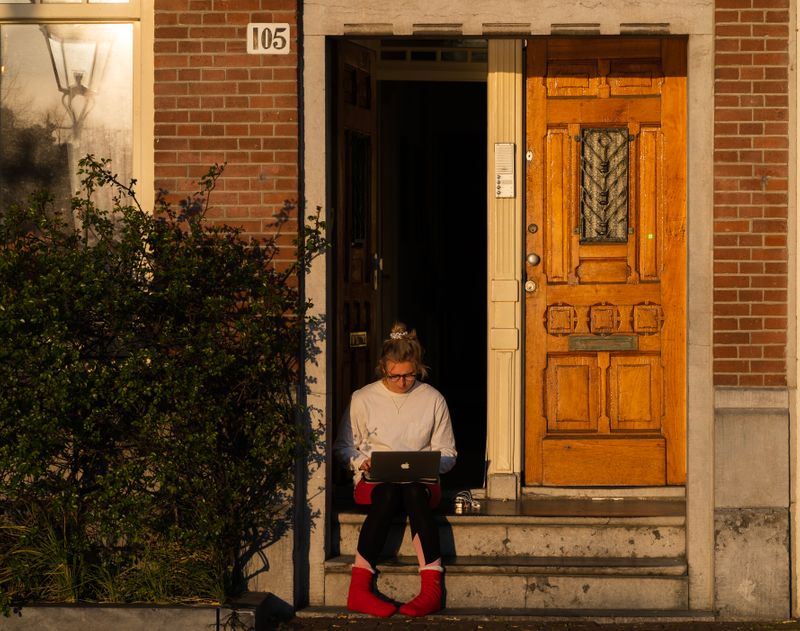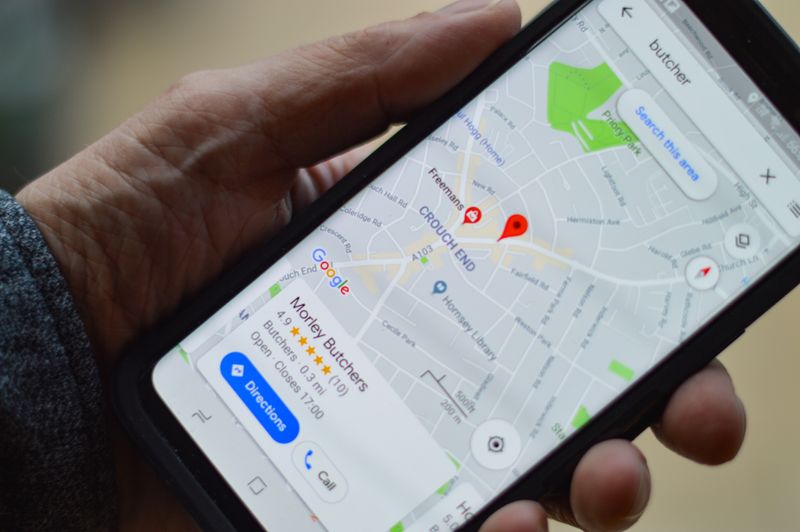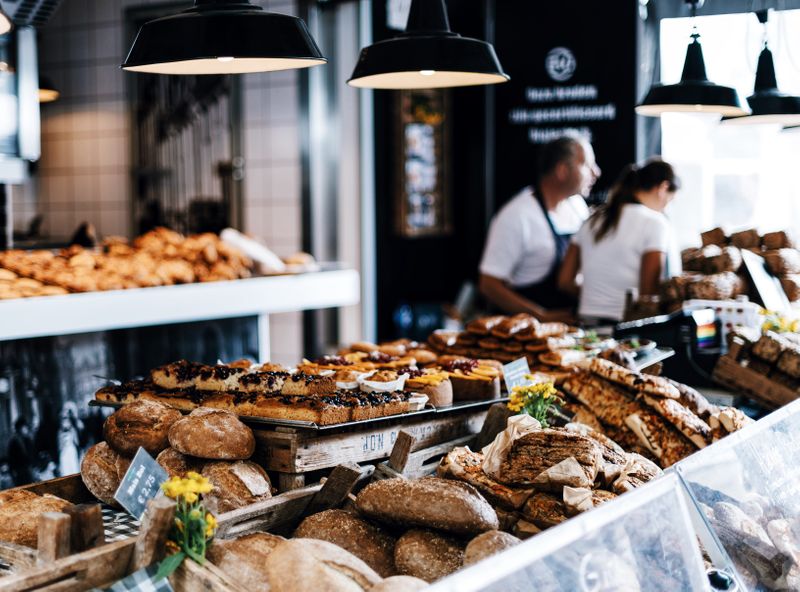 Photo by Callum T on Unsplash
Photo by Callum T on Unsplash2020 has thrown many curve balls towards us but one thing is certain: a LOT more of us are working from home these days.
The transition to working in a remote environment can be scary, but also opens up new possibilities for how we can live. For some, not having to go to a physical work place makes it possible to relocate.
But wait! Before you pack your bags, there are some things to consider where choosing where to live when working remotely.
Accessibility
The Necessities
Think about some of the necessities in your life. Now reimagine them in your new location.
Ask Yourself: Is this place close to grocery stores, the hospital, a transit system, or even the gym?
These are all dependent on your personal needs, so it's important to reflect on what you value in your existing environment, and prioriitze these factors when looking for a new location.
 Photo by henry perks on Unsplash
Photo by henry perks on UnsplashInternet Connectivity
Most remote workers need reliable internet.
Ask Yourself: Are there any restrictions with internet connectivity? Check with the local community to see what the standard internet connection is.
Consider how much it could cost, and whether there are any co-working spaces nearby.
The Set Up
What will your home set up be like?
Things to consider:
Is there room for a desk?
Do you have privacy for calls?
Quiz
You're taking your remote job with you and moving to a new town. What is the one thing you need to ensure before moving?
Neighbourhood
Location
When deciding what neighborhood you should live in, consider what environment is the best fit for your lifestyle.
Ask Yourself: What do you enjoy doing on your spare time. Can this neighborhood cater to your hobbies?
Things to consider:
If you are a nature lover, are there nearby trails or beaches for you to explore?
If you enjoy working out, are there local running clubs or gyms?
If you enjoy art, fashion or music, is there a lively arts scene in the community?
 Photo by Andreas Talseth on Unsplash
Photo by Andreas Talseth on UnsplashCommunity Involvement
When you're new to a neighborhood, it's important to actively build your network and meet local people.
Ask Yourself: Do you know people locally?
Things to consider if you don't:
Are most people in the neighborhood a specific age bracket or demographic? Does that appeal to you?
Are there groups or activities that you can easily join to meet new people? Like a sports team or book club?
Culture
The Food
One great way to research culture is through food!
Ask Yourself: Am I a picky eater? Do I have a specific diet?
Here are some ways to determine whether you can adapt to the local diet:
Research the most popular and most available local dishes. Do they appeal?
Check and see what type of food is available at the local market.
Do they have options that meet your dietary requirements?
Dining schedules can also be completely different: does this culture frequently dine late in the evening?
 Photo by Roman Kraft on Unsplash
Photo by Roman Kraft on UnsplashLanguage Barrier
Think about the languages you speak and the main language of the place you want to go.
Ask Yourself: Will you try to learn the local language?
If not, it's important to research how common English is.
Being unable to communicate can lead to feelings of frustration, so it's important to be prepared if you move somewhere with a language barrier.
Did you know?
Subscribe for more quick bites of learning delivered to your inbox.
Unsubscribe anytime. No spam. 🙂
Take Action
If you've found yourself working remotely, this may be the time to make the move you've been dreaming of.
But before you do, try visiting for a weekend to investigate the accessibility, neighborhood, and culture of your potential new home!
Your feedback matters to us.
This Byte helped me better understand the topic.
